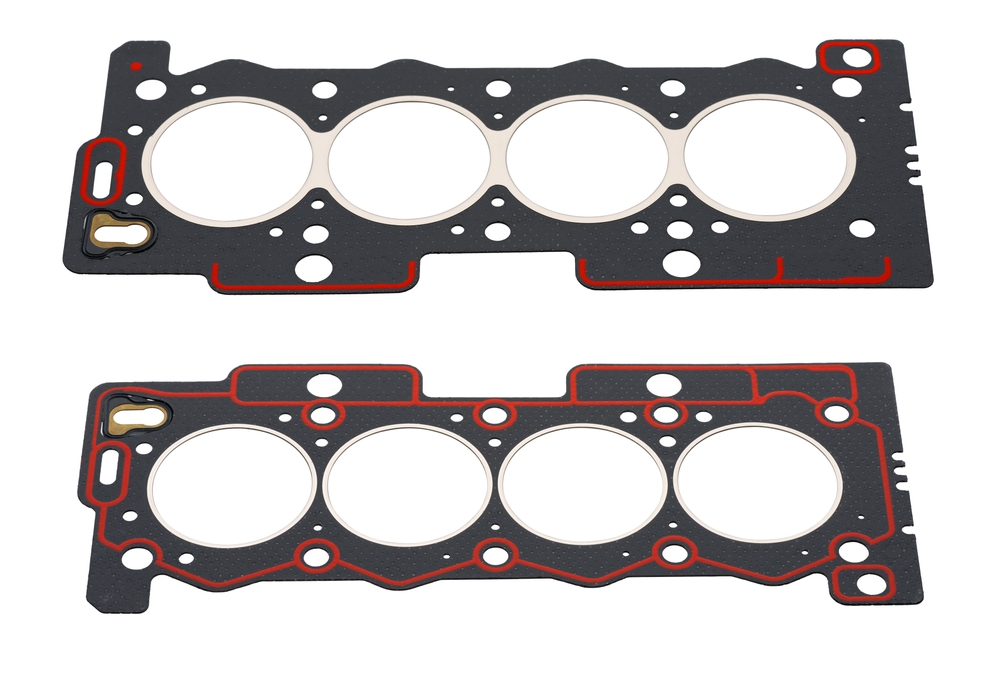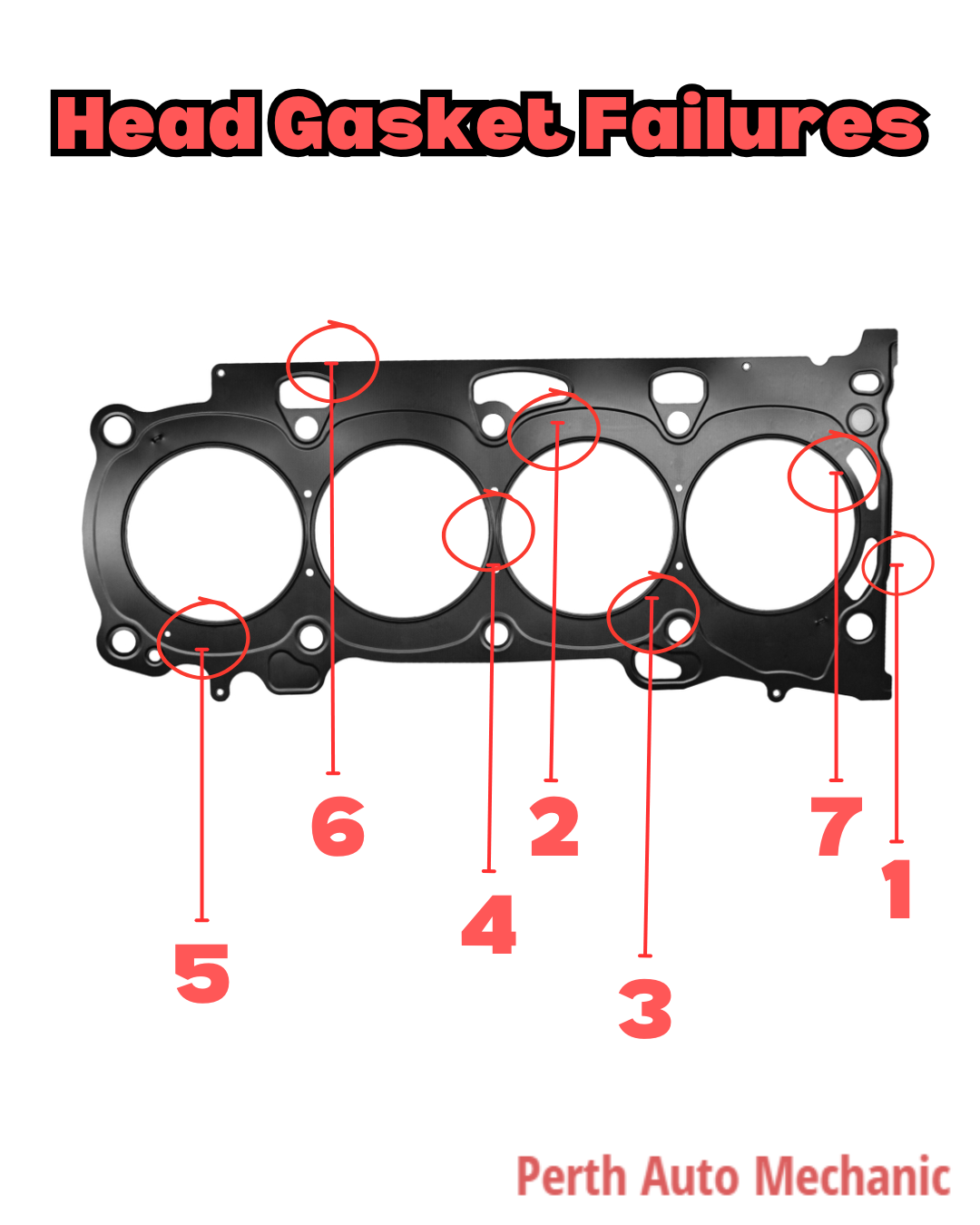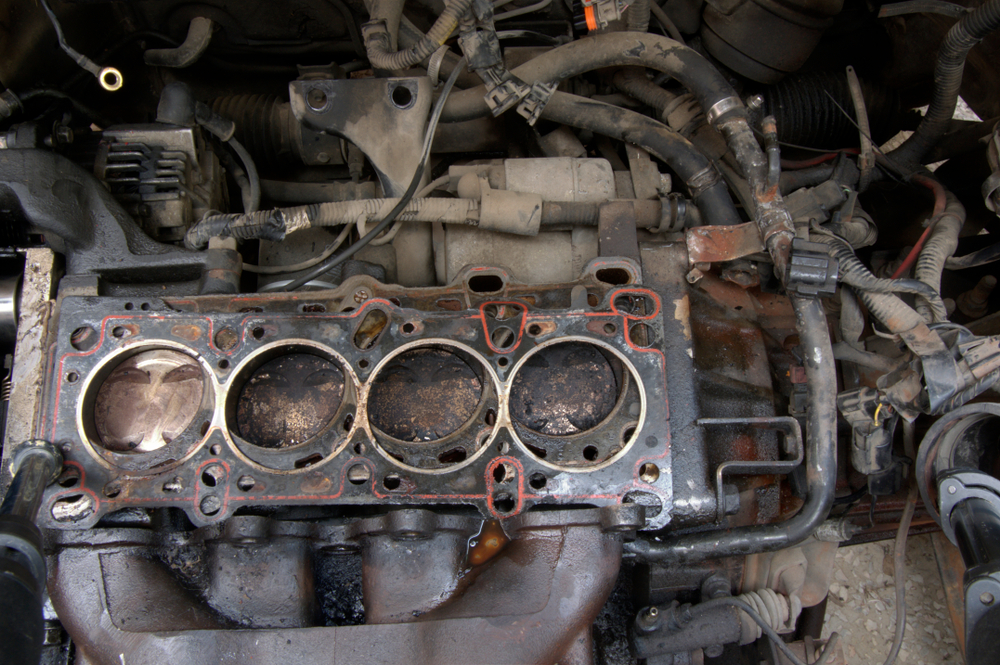Head Gasket | How Many Ways It Can Fail & How to Repair?
Head gasket is a small & thin piece under the hood of your car. Mostly car owners don’t even recognize it. But when it fails, it can turn into one of the most expensive and frustrating car problems you’ll ever face.
It can cause overheating, oil contamination, coolant leaks, and even engine failure if ignored. But what exactly causes a head gasket to fail? And how can you detect the early signs of its failure? Let us guide you.
At Perth Auto Mechanic, we’ve seen how a blown head gasket can cost car owners. Our experienced Aussie and NZ mechanics specialise in head gasket repair. They diagnose & fix head gasket issues to prevent engine damage. So, your car can be back on the road.
Let’s discuss the importance of the head gasket & its failure types.
What Does a Head Gasket Do?
Head gaskets are thin seals sitting between the engine block & the cylinder head of your car. They are made up of multiple layers of steel. That helps them withstand high pressure, heat, and thermal expansion.

Key functions of a head gasket for your engine include:
| Function | Description |
| Seals combustion chambers | Provide each cylinder with the necessary compression for efficient engine operation. |
| Separates fluids | Prevents oil and coolant from mixing, which can otherwise cause severe engine damage. |
| Maintains engine efficiency | Proper sealing keeps the engine running smoothly without leaks or performance issues. |
Since it’s constantly exposed to extreme temperatures and pressure. The head gasket is one of the most vulnerable parts of the engine. Over time, it can wear and lead to different types of failures.
7 Ways a Head Gasket Can Fail & How to Detect Them
Here are some common ways a head gasket can fail & harm your engine. Let’s guide you on how to identify them like a pro.
1. External Coolant Leak | Losing Coolant without Any Reason
A failing head gasket can develop small cracks between water passage & outside of the engine. Allowing coolant to escape externally to the ground. This is difficult to detect, leaves no major traces & seems like a minor issue.
However, losing coolant over time can compromise your car’s thermal management. And you’ll have to face engine overheating.
How to Detect It?
- You notice puddles of coolant under your car after it’s been parked.
- The low coolant warning light comes on even after topping up.
- The engine starts overheating on long drives or in stop-and-go traffic.
Ignoring this issue can lead to severe overheating, and warping the cylinder head. Passing time will also increase head gasket repair costs.
2. Compression Leak into Oil Passages | Oil Compromise Alert
If the head gasket fails in a way of combustion gases seeping into the engine’s oil passages. Compression will now go into the oil system. Where it pressurises the crankcase, infects the oil and drops its levels.
This is a serious issue because contaminated oil loses its ability to lubricate. Increasing wear on critical parts of the engine.
How to Detect It?
- The oil on the dipstick appears milky or has a frothy, white texture.
- Your engine burns oil faster than usual, leading to frequent top-ups.
- The car loses power, and the engine feels rough.
Your engine will not get proper lubrication & will seize up. One of the worst possible outcomes.
3. Water Contaminating the Oil | That Milky Sludge Isn’t Normal
Another common head gasket failure is between an oil gallery and a water passage. It will cause coolant to leak into the oil system, creating a thick, milky sludge. That is actually contaminated oil, harmful to your engine.
This is one of the most damaging gasket problems. Because the oil suddenly loses its ability to lubricate moving parts. Hence, engine failure.
How to Detect It?
- Thick, creamy deposits on the oil cap or dipstick.
- A burning oil smell coming from under the hood.
- The engine runs hotter than usual despite having coolant.
If your oil is contaminated with coolant. You need to stop driving immediately and get your car inspected. Otherwise, irreversible damage will be caused.
4. Compression Leak Between Cylinders | Poor Performance & Misfires
The head gasket keeps each cylinder’s combustion gases contained. If it fails between two cylinders. The gases can leak from one to the other, causing a loss of compression. The exhaust gas can also go back into the intake.
The damages include rough running, misfires, loss of power, & affected engine performance.
How to Detect It?
- Loss of power when accelerating or driving uphill.
- Engine misfires, rough idling, or stuttering.
- Decreased fuel efficiency (using more fuel with less performance).
A compression test can confirm if there’s a leak between cylinders. If this issue isn’t repaired, it can lead to warped engine pistons or cylinder head damage.
5. Compression Leak to the Outside | Hissing Sound is a Red Flag
It is a less common type but happens in some cases. When, instead of an internal leak, the head gasket fails between the cylinder and the outside. That allows compression gases to escape externally from the engine.
This results in a hissing or popping noise from the engine bay, sounding like an exhaust leak.
How to Detect It:
- Strange tickling or popping sounds when the engine is running.
- Noticeable loss of engine power and performance.
- Possible exhaust smoke or fumes from unexpected places.
This issue is mild initially, but if left unchecked, it even leads to complete engine failure. So, early detection is key.
6. External Oil Leak | Messy and Obvious Issue
The most common & easy to spot head gasket failure is in between the oil gallery & outside. It can allow engine oil to leak externally, which you can notice on the ground. It is not as dangerous as other types but can have serious consequences.
For instance, less oil pressure can get to the overhead camshaft in some engine designs.
How to Detect It?
- Oil spots under your parked car that keep getting worse.
- Burning oil smell, especially after long drives.
- Low oil levels, even when no obvious leaks are visible.
Low oil levels can cause excessive friction between engine components. So, keep an eye on it to avoid overheating and major repair costs.
7. Compression Leak into Cooling System | Bubbling & Overheating
This is one of the most dangerous head gasket failures. If combustion gases leak into the cooling system. They create air pockets that interfere with coolant circulation, resulting in cooling compromise.
It can lead to a damaged radiator hose, overheating & sucking of coolant into the cylinder.
How to Detect It:
- Bubbling in the coolant reservoir even when the car is off.
- Overheating issues, even when coolant levels are normal.
- White smoke and sweet smell from the exhaust, indicating coolant is burning.
Ignoring this issue can blow out your radiator, or cause total engine failure. The catalytic converter can also get damaged.

Can You Drive with a Blown Head Gasket?
At the initial stages, yes, you can drive but not for a longer time.
So, we will advise you to avoid driving with a blown head gasket. And take your vehicle to the mechanic as soon as possible.
Because continuing to drive will cause severe damage to your engine. Turning a blown head gasket repair price into an engine replacement cost.
How Much Does a Head Gasket Repair Cost?
Most common query we get from the drivers is “How much a head gasket repair near me will cost?”
The cost varies based on your car model, labour, and how much repair head gasket needs. It also depends on how much time has passed and how many components are affected by it. Here’s what you can expect:
| Repair Type | Estimated Cost (AUD) |
| Minor head gasket repairs | $800 – $1,500 |
| Full head gasket replacement | $1,500 – $3,000 |
| Engine rebuild (if ignored too long) | $5,000+ |
Remember that every car model is different & these numbers are just a rough estimate. You can only find out exact expenses by getting a quote from professionals.
Experiencing any of the issues listed above? Don’t Wait
Trust Perth Auto Mechanic for Professional Diagnostics & Head Gasket Repairs
At Perth Auto Mechanic, we are your trusted local mechanics. You can get complete engine diagnostics and head gasket repairs with us.
Our services include:
- Experienced Mechanics: Understanding all makes and models
- Transparent Pricing: No Hidden Costs
- High-Quality Parts: Premium grade head gaskets & other materials
- Fast & Reliable Service: Get You Back on the Road ASAP
Whether your car is overheating, leaking coolant, or showing reduced performance. We have the expertise and tools to fix the problem before it gets worse.
